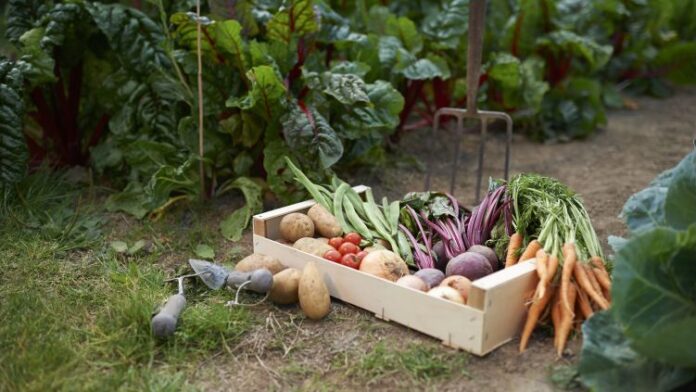Local producers have become a crucial source of supplies for the UK’s food system during the pandemic and could improve its resilience for the long-term, according to researchers.
A team led by Dr Anna Krzywoszynska from the University of Sheffield’s Institute for Sustainable Food is launching a major study into the impact of the coronavirus pandemic on local food producers. They will investigate how local supply chains have contributed to food security during the crisis, and how they can prevent shortages over the long term.
The project will deliver real-time analysis to build an understanding of the current and future resilience of the local food system in light of the pandemic. It will track emergency responses in the immediate crisis period, and develop strategies to inform longer-term plans to build further resilience, providing essential data to support a much-needed diversification of the UK’s food system during and after the crisis.
Physical distancing measures have caused major disruption for the UK’s food sector – from shortages of fruit pickers, to restaurant closures and spikes in demand for certain products – and these impacts are likely to be compounded by Brexit.
Direct sales of vegetable boxes from local growers or community supported agriculture schemes have more than doubled during the pandemic, and local food producers or high-quality goods such as speciality cheeses and meats have pivoted from supplying restaurants to online sales.
With just 16 per cent of fruit and 53 per cent of vegetables sold grown domestically, the UK is particularly vulnerable to disruptions to international supply chains.
Working with partners such as the Soil Association and the Farm Retail Association, the University of Sheffield academics will gather data about how local food systems are responding, and produce recommendations for the industry and the Department for Environment, Food and Rural Affairs.
The team expects to publish initial findings on the impact of the pandemic on the local food sector in September 2020, with final policy recommendations released by August 2021.







